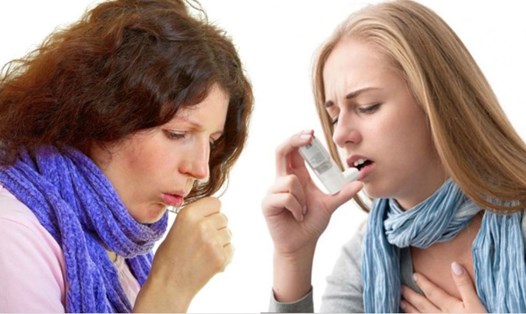According to Dr Rohan R Naick, Consultant Pulmonologist at SPARSH Hospital, Bengaluru (India), people with asthma can and should exercise to improve their health, but there are some factors that need to be kept in mind to exercise safely and control their asthma. Here are some tips for people with asthma when exercising.
Choose the right sport
Gentle exercise: Exercises such as swimming, walking, cycling, yoga or aerobics are often suitable because they help maintain cardiovascular health without putting undue stress on the respiratory system.
Avoid high-intensity sports: Activities such as running, soccer or basketball can increase the risk of asthma attacks because they require high levels of endurance and can cause shortness of breath.
Proper start and cool down
Warm up slowly: Before starting to exercise, people with asthma should warm up gently for about 5-10 minutes to get used to the pace.
Cool down after exercise: After finishing your exercise, cool down gradually to help your body recover and avoid bronchial spasms.
Adjust your training environment
Avoid polluted environments: Air pollution, dust, or allergens such as pollen can aggravate asthma symptoms. Exercise in clean, well-ventilated areas.
Exercise indoors: If the weather outside is not good, you can choose indoor sports such as yoga or swimming in a pool with a clean water filtration system.
Control the intensity and duration of your workouts
Start low: People with asthma should start with low-intensity exercises and gradually increase as their body gets used to them.
Keep track of your exercise time: Try to maintain a reasonable exercise schedule, not too long and not too heavy to avoid increasing the risk of asthma attacks.
Stay hydrated
Dr. Naick recommends drinking water before, during, and after exercise. Drinking enough water can help thin the lining of your airways and lungs, making it easier to breathe. Conversely, dehydration can thicken mucus and make it stickier, which can slow breathing and lead to various illnesses.
Listen to your body and rest when needed.
If you feel short of breath, tired or have signs of an asthma attack, stop and rest immediately. Make sure to monitor your body and not push yourself beyond your limits.
Carry asthma inhaler
“Always carry your asthma inhaler with you when you exercise so you can use it immediately if you feel short of breath or have asthma symptoms,” Dr. Naick emphasizes.










